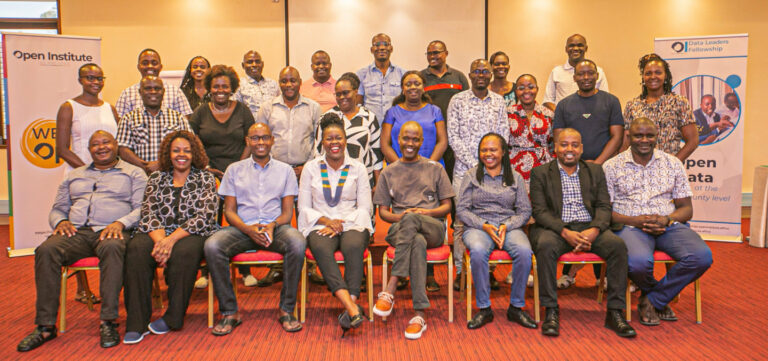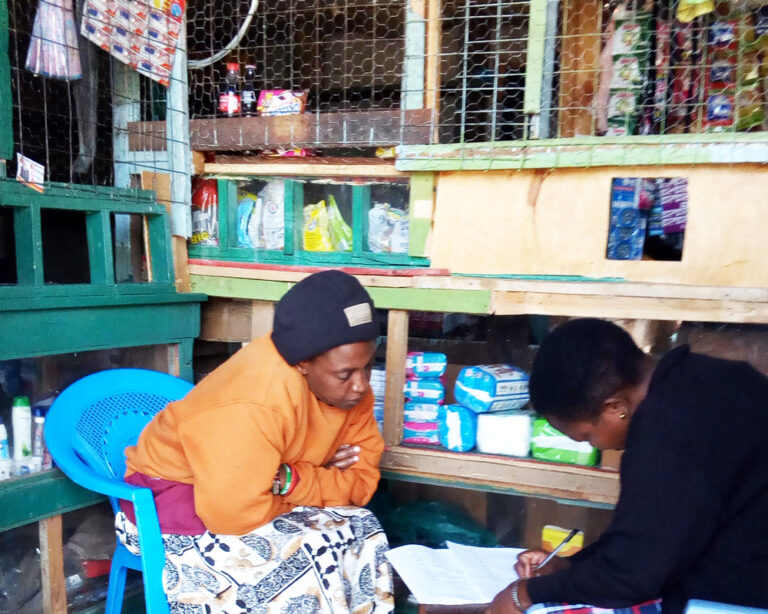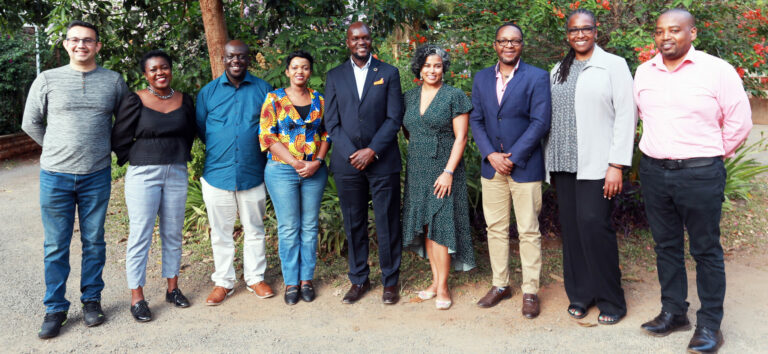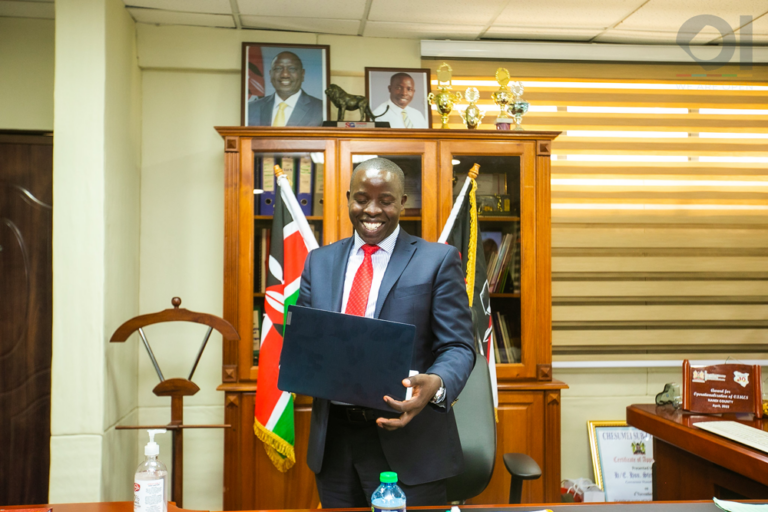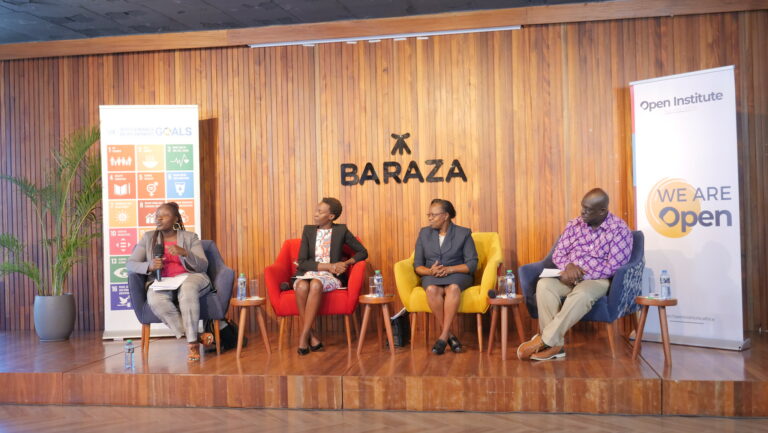About Data Governance
Data Governance is an important component of enabling our mission because we believe that while the world needs better quality and more granular data to achieve its development goals, people’s rights must also be protected zealously.
In partnership with Amnesty International, the Open Institute aims to bring together expertise in data for human rights and data for development towards strengthening data governance in Kenya and Africa as a whole.
Building on the momentum created by an event dubbed #RestoreDataRights, which ended with calls from African civil society organisations and academic representatives for policy tools and frameworks that could help to ensure that sensitive personal data used as part of the pandemic response is used responsibly, the project will work to ensure responsible data use and protect people’s data rights.
The Challenge
Less than 40% of Kenyans understand the value of their personal data according to UNCTAD. Considerably fewer understand how to protect their privacy or how to use data to inform policy-making and hold the Government of Kenya accountable. Most Kenyans probably missed the passing of the Data Protection Act after two years of sitting in the Kenyan National Assembly.
In the wake of the COVID-19 pandemic, digital, data-driven technologies have been utilised in the response to facilitate contact-tracing, generate epidemiological models to predict resource needs, and even towards surveillance of whole populations to enforce economic and social lockdowns.
This presents a situation that raises the question of what role different kinds of data should play in the response and how they should be handled, accessed, shared and used — in a word: governed.
Advocacy
Public Awareness & Engagement
Outcomes that we hope for
We are determined to ensure that CSOs are heard in a constructive manner and contribute to a continent-wide debate on data use that also helps to generate an expectation of responsible data use in Africa.
We jointly seek four distinct outcomes:
- To bring together the Data for Development constituency of organisations and the Data for Human Rights constituency, with a view to strengthening collaborations and a unity of messaging in advocacy relating to data governance.
- That Kenya operationalises a human rights compliant Data Protection Act through citizen responsive guidelines, budgets and policies with enhanced citizen awareness of their rights and state accountability using a data-driven approach.
- That subnational governments, business, mass media and civic organisations in ten counties are informed on the opportunities of the Data Protection Act for data-driven policymaking and public accountability.
- That a continental movement is created on data governance that is actively engaging governments and regional bodies.
The Data Governance Team
Al Kags
Executive Director
Benjamin Charagu
Operations & Programme Director
John Mucheke
Technology Director
Stay up to date
Follow our latest updates featuring highlights of our work
Be in the know
Follow our latest stories from our blog
Our Partners
Partners and friends who helped us realize our mission for this project

